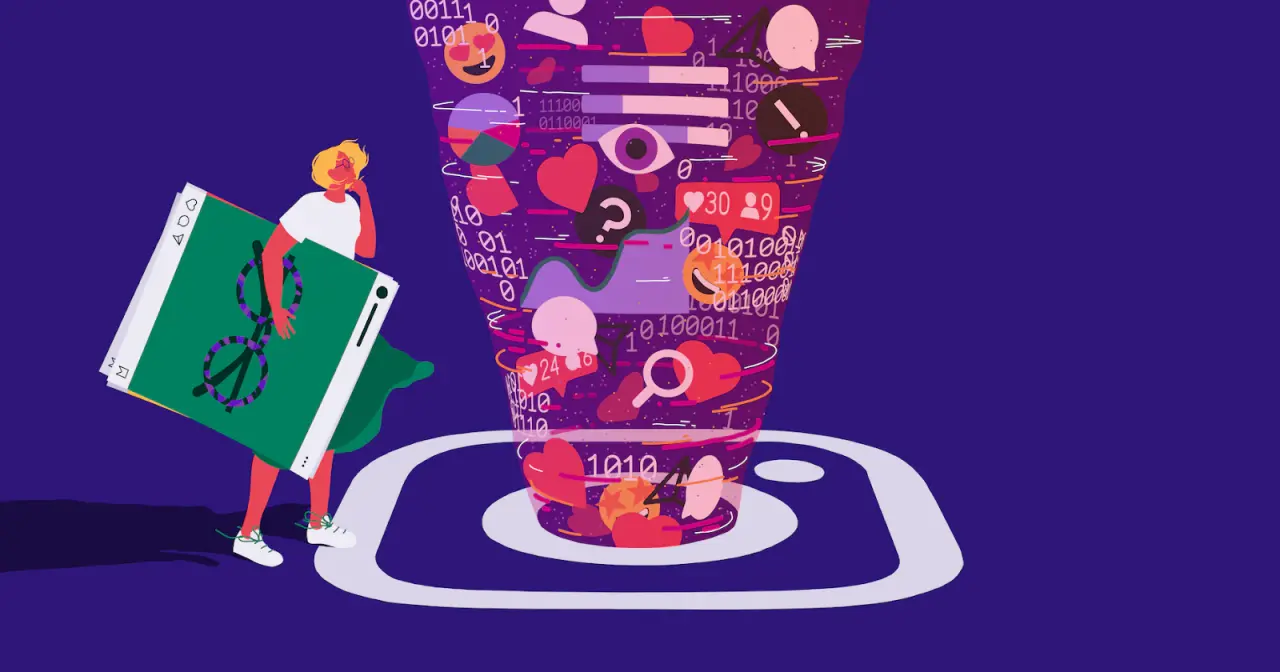Ten realities about Americans and Facebook
Facebook, the virtual entertainment goliath established in 2004 and flaunts more than 2.8 billion month-to-month clients worldwide, is a customary focal point of examination in the U.S. and abroad.
A few officials in the U.S. have contended that the stage is decisive and ought to be separated. In late 2020 the national government and 46 states (as well as the Area of Columbia and Guam) sued the organization for supposed antitrust infringement. Facebook’s choice to suspend the record of previous President Donald Trump in mid-2021 has filled extra discussion. Numerous conservatives have denounced the stage and other web-based entertainment locales of blue-penciling moderate perspectives, even as multiple liberals in Congress ask it to accomplish different things to address falsehood, disdain discourse, and content that could impel savagery click here.
The following are ten realities about Americans and Facebook, given Seat Exploration Center reviews as of late.
Around seven in ten U.S. grown-ups (69%) use Facebook at any point, as indicated by a mid-2021 telephone overview. The portion of adults who utilize the stage starting around 2016 has remained the same.
A developing portion of Americans say they use YouTube; Facebook stays one of the most generally utilized internet-based stages among U.S. grown-ups.
Except for YouTube – the video-sharing website utilized by 81% of grown-ups – this is the only central web-based stage that comes near Facebook regarding utilization. Four-in-ten grown-ups report utilizing Instagram, while around three-in-ten use Pinterest (31%) and LinkedIn (28%). A fourth of adults or less use Snapchat, Twitter, WhatsApp, TikTok, Reddit, and Nextdoor. Facebook claims Instagram and WhatsApp.
Among U.S. grown-ups who use Facebook, seven in ten say they visit the site daily, including around half (49%) who do so a few times daily. By correlation, 59% of both Snapchat and Instagram clients say they visit these stages daily, as do 54% of YouTube and 46% of Twitter clients.
Facebook is extensively well-known in every segment bunch.
However, a few grown-ups are bound to utilize it more than others. Around 3/4 of U.S. ladies (77%) use the stage, contrasted and 61% of men. There are contrasts by instruction level, as well: Around 3/4 (73%) of grown-ups with a professional education or more use Facebook, contrasted with 64% of individuals with a secondary school certificate or less.
Americans aged 65 and more seasoned are the most unrealistic age gathering to utilize Facebook, with half saying they do as such. Yet, that addresses a 30 rate point increment since August 2012, when simply 20% revealed using it.
Liberals are more likely than conservatives to utilize numerous stages, including Instagram and Twitter. However, comparable offers say they use Facebook.
There are hardliner contrasts in utilizing numerous web-based entertainment stages, but not Facebook. Around seven-in-ten liberals and Popularity based inclining free thinkers (72%) use Facebook, as do 69% of conservatives and GOP leaders. Leftists are impressively more likely than conservatives to utilize numerous other web-based entertainment stages, particularly Instagram (49% versus 30%), Twitter (32% versus 17%), and WhatsApp (30% versus 16%).
Starting around 2018, Facebook was utilized by around half of America’s youngsters.
However, it presently does not overwhelm the high schooler online entertainment scene as it once did, as per a study of U.S. adolescents in the Spring and April of that year. At that point, 51% of those ages 13 to 17 said they use Facebook, down from 71% in a 2014-2015 overview.
The top online entertainment locales among adolescents in 2018 included YouTube (utilized by 85% of teenagers), Instagram (72%), and Snapchat (69%). In the 2014-2015 overview, Facebook was the main stage utilized by a specific, more significant part of teenagers.
Adolescents in lower-pay families are almost more specific than those in higher-pay families to utilize Facebook, as per the spring 2018 overview. Seven-in-ten youngsters residing in families procuring under $30,000 a year said they use Facebook, contrasted and 36% of those whose yearly family pay was $75,000 or more. For other online entertainment stages, use among teenagers was similar by segment factors.
Facebook stands apart as a standard news hotspot for Americans
About 33% of U.S. grown-ups (36%) say they routinely get news from Facebook, as per an overview in August and September 2020. The portion of U.S. grown-ups who help information through Facebook is higher than the offers which routinely help news through YouTube (23%), Twitter (15%), Instagram (11%), and different stages.
Among grown-ups who get news from Facebook, ladies are significantly more prone to do as such than men (63% versus 35%), as are White Americans (60%) when contrasted and the Hispanic people (18%), Dark (13%) or Asian (5%).
Undeniably, more Americans doubt than trust Facebook as a hotspot for political and political race news, as per a review in October and November 2019. Around six-in-ten grown-ups (59%) said they doubt the stage as a spot to get this sort of information, while just 15% said they trust it. Another 19% said they neither trust nor doubt it. Leftists and conservatives the same were considerably more liable to doubt than trust Facebook for political and political decision news.
2018, around 3/4 of Facebook clients didn’t know that the site records their characteristics and interests for promoters. Facebook permits its clients to figure out how the site’s calculation has ordered their attributes and interests for sponsors: This data can be gotten to through the stage’s “promotion inclinations” page. In any case, 74% of grown-up Facebook clients in the U.S. only knew that the site gathered this data about them once they were coordinated to this page, a Seat Exploration Center review directed in September and October 2018 found.
Numerous Facebook clients say they don’t have the foggiest idea about the stage orders their inclinations, and generally, half are unhappy with being sorted read more.
The way the organization keeps a rundown of clients’ qualities and interests makes numerous clients self-conscious. Once coordinated to their promotion inclinations page, around half of grown-up Facebook clients (51%) said they were not happy with Facebook keeping up with this sort of rundown, as indicated by a similar 2018 review. And keeping in mind that a more significant part of clients (59%) said the classifications created by Facebook mirrored their genuine advantages, around a quarter (27%) said these groupings were not very or not the slightest bit-exact.



